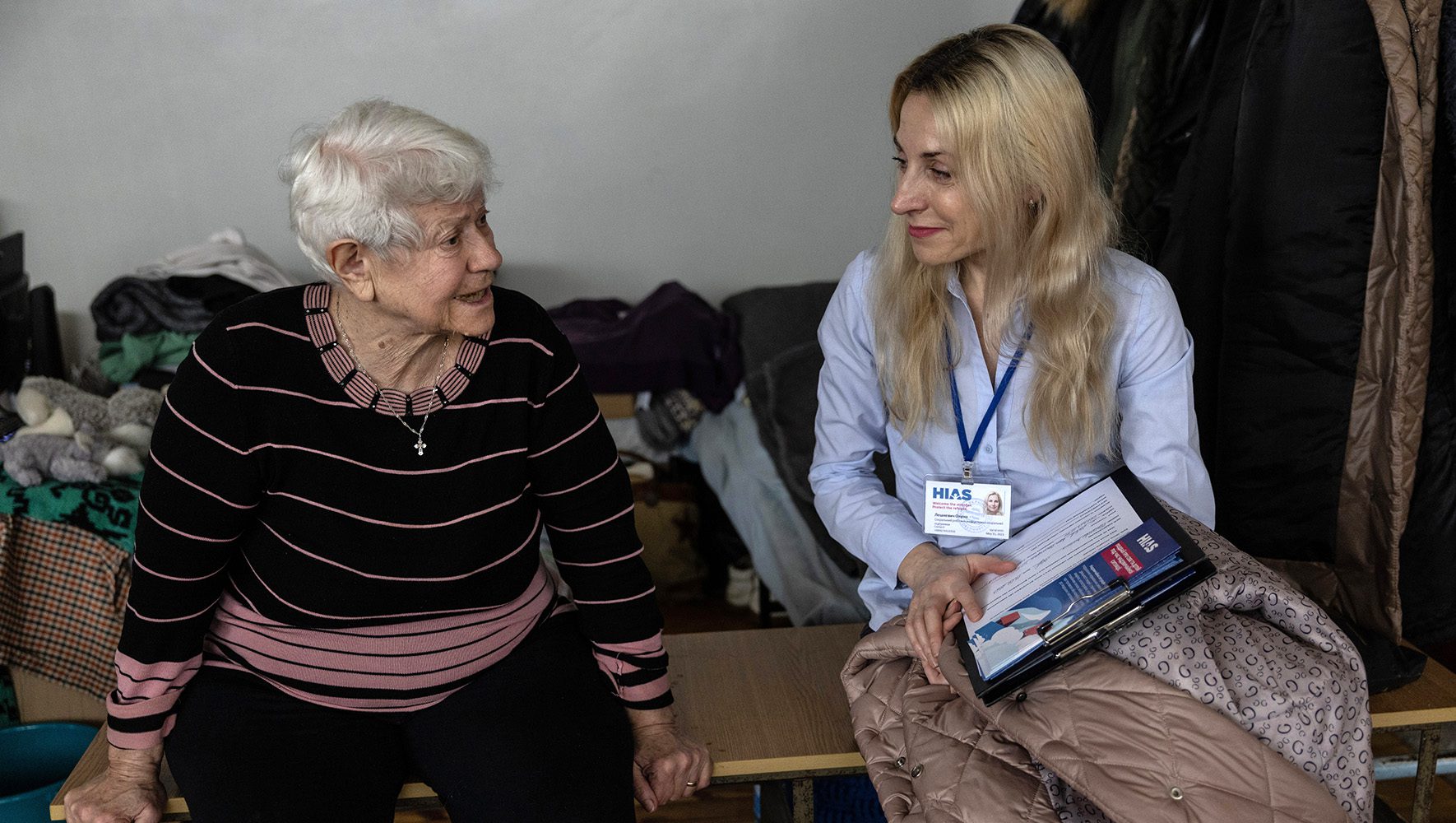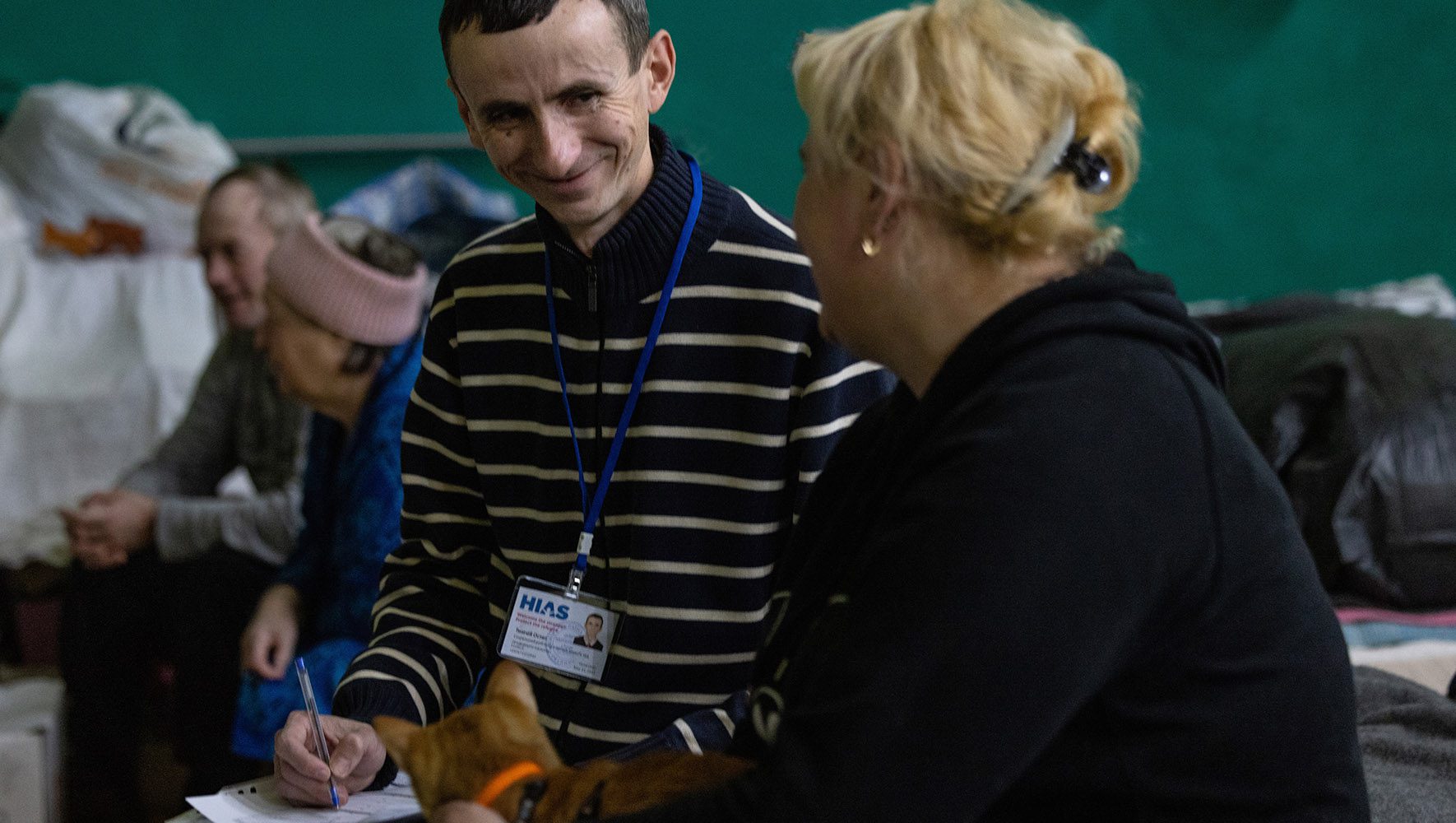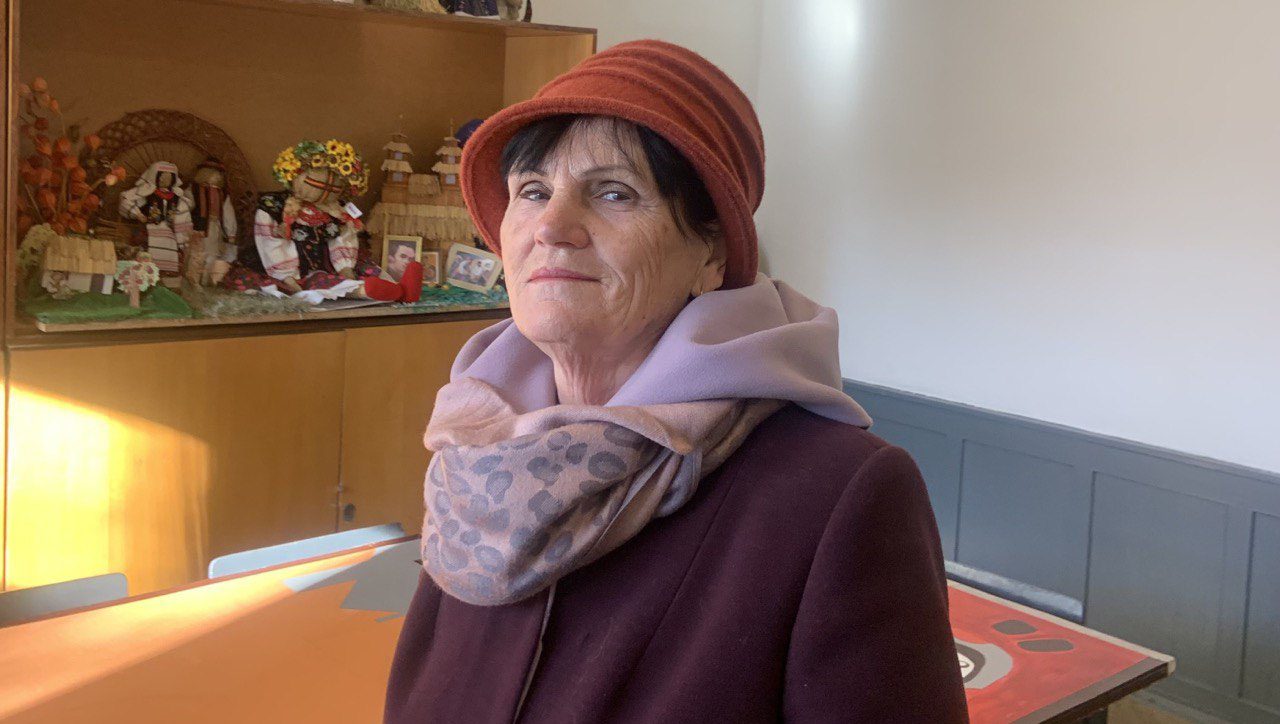HIAS Gets the Message Out on Mental Health
Oct 15, 2020

A HIAS poster for World Mental Health Day 2020 in Venezuela urges people to "Fall in Love With You."
(HIAS Venezuela)
HIAS teams across the globe have found ways to connect with their local communities about mental health, primarily through Facebook and Instagram, and are managing to get their messages out despite the challenges of the COVID-19 pandemic.
Many of HIAS’ country offices have adopted different kinds of virtual responses to ensure clients are receiving education, information, and mental health support despite the pandemic’s restrictions. But with increased isolation, increased anxiety, increased fear for women and girls (some in homes with their abusers), and increased economic strains for those whose businesses have collapsed or who lost their jobs, this year could be the hardest in recent memory.
In May 2020, UNHCR, stated that the pandemic was already “triggering a mental health crisis” among refugees and other displaced people.
HIAS staff members implement community-based mental health services as a core part of their work, empowering communities, groups, families, and individuals to care for themselves and each other. The programming helps survivors address the grief, fear, isolation, and distress that can result from forced flight, surviving or witnessing violence, loss or separation from family, and the daily stress of living on the margins of foreign cities or in refugee camps.
Some of the activities HIAS offices have coordinated recently, including on World Mental Health Day, included:
-
In Peru, HIAS staff conducted targeted outreach to clients through social media and provided Facebook Live sessions on positive parenting skills.
-
In Panama, staff carried out a special project posting stories on Instagram to promote resilience, conducted online workshops for refugees, and held trainings on mental health for government refugee eligibility officers.
-
In Kenya, Dr. Thomas Obulutsa, program manager of mental health services at HIAS Kenya, spoke on panels alongside UNHCR and the Danish Refugee Council on Combating Stigma Associated with COVID-19 and Mental Health For Drug and Substance Abuse and Sexual and Gender-Based Violence.
-
In Venezuela, HIAS sent key messages directly to clients via WhatsApp and text about how to cultivate healthy mental-health habits, conducted mental-health workshops, and distributed informative brochures.
On Oct. 13, HIAS hosted a webinar entitled “Refugee Resilience and Mental Health During COVID-19” and discussed community-based mental health programming for refugees and how this work has evolved during the pandemic. Shrina Eadeh, director of resettlement services at JFS Ann Arbor, one of HIAS’ local affiliates in the United States, noted the importance of a technology survey her organization used to better help its clients access counseling and other services.
Lucy Kiama, HIAS’ country director for Kenya, sees the role of phones and computers as more important than ever.
“The use of technology is the new normal,” she said.


